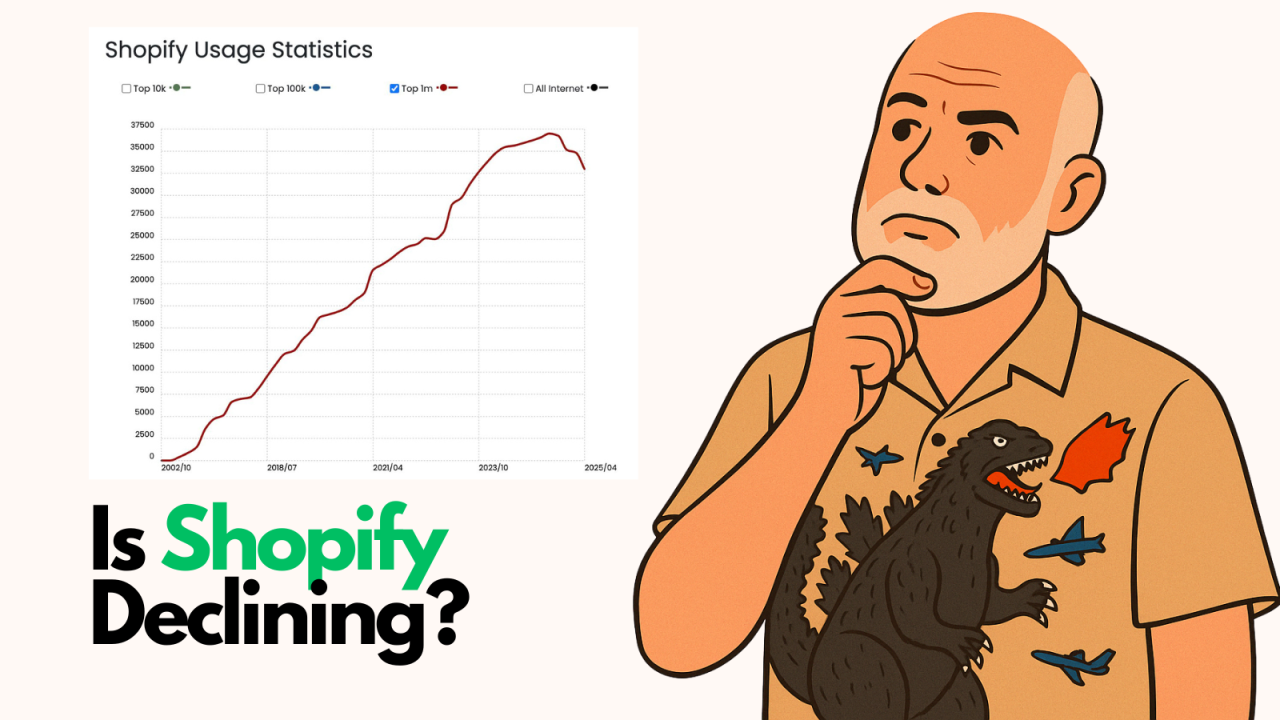
Website security is paramount for protecting your data, user information, and search engine optimization (SEO) efforts. As cyber threats continue to evolve, it's crucial to have a robust security system in place to maintain your website's integrity and search engine rankings. Google Search Console, a powerful tool provided by Google, can help you monitor and improve your site's security, ensuring that your SEO endeavors remain adequate and uncompromised.
A secure website protects sensitive information and maintains your search engine rankings. When your site is vulnerable to attacks, it becomes more susceptible to hacking and compromises, negatively impacting your SEO performance. Google places a high value on website security, and if your site falls victim to a security breach, you may face penalties or a significant drop in rankings.
Furthermore, users are becoming increasingly aware of the significance of website security. They are likelier to trust and engage with a site that prioritizes security, ultimately enhancing the user experience – a critical factor in search engine rankings. By prioritizing website security, you safeguard your SEO efforts and maintain your search engine visibility.
To effectively protect your website and SEO, it's essential to understand the various security threats that can jeopardize your online presence:
Malware: Malicious software designed to damage, disrupt, or gain unauthorized access to your website. Malware can infect your site through vulnerable plugins, outdated software, or weak passwords, impacting functionality, displaying unwanted content, and potentially stealing user data.
Phishing: Cybercriminals employ deceptive tactics to trick users into divulging sensitive information, such as login credentials or financial details. Phishing attacks can occur via email, social media, or even phone calls, leading to identity theft, economic loss, and other serious consequences.
Brute-force attacks involve systematically guessing passwords until the correct one is found, either by bots or manual hacking attempts. Weak passwords or unprotected login pages can make your website vulnerable to brute-force attacks.
DDoS Attacks: Distributed Denial of Service (DDoS) attacks overwhelm your website with traffic, rendering it unavailable to users. These attacks can be carried out by bots or a compromised computer network, disrupting website traffic and potentially causing revenue loss.
Understanding these security threats is the first step in taking proactive measures to protect your website and maintain your SEO performance.
Google Search Console is a free tool that helps website owners monitor and maintain their site's presence in Google search results. One of its key features is the ability to monitor your website's security by providing alerts when your site is hacked or compromised.
To utilize this feature, you must first verify your website's ownership in Google Search Console. Once verified, you can access the Security Issues report, which offers detailed information on any security problems detected on your site. The report includes the type of security issue, affected pages, and recommendations for resolving the problem.
In addition to the Security Issues report, Google Search Console sends email alerts and notifications to the Search Console dashboard whenever security issues are detected. These timely alerts enable you to address potential threats promptly and minimize any negative impact on your SEO.
Google Search Console analyzes your website's content to identify potential vulnerabilities and security issues. The Security Issues report provides comprehensive information on the type of security problem, the affected pages, and recommendations for fixing the issue.
Some of the security issues that Google Search Console can detect include:
Hacked Content: If any pages on your website have been compromised or hacked, Google Search Console will detect and alert you to the issue.
Malware: Google Search Console can identify if any pages on your site contain malware or suspicious content.
Unusual Traffic: If your website experiences a remarkable surge in traffic, which could indicate a DDoS attack, Google Search Console will notify you.
Phishing: Google Search Console can detect if any pages on your website are being used for phishing scams and alert you accordingly.
By regularly monitoring the Security Issues report, you can identify potential security threats and take immediate action to resolve them.
Google Search Console helps you detect security issues and provides step-by-step guidance on how to fix them. The Security Issues report offers detailed information on each security problem and recommendations for resolution.
For instance, if Google Search Console detects that your website has been hacked, it will suggest actions such as removing the hacked content, updating your website's software, and strengthening your passwords.
After addressing the security issues, you can use the Request Review feature in Google Search Console to ask Google to reassess your website's security. Once Google verifies that your site is secure, it will remove any warnings, such as "This site may be hacked," from your website's search results.
By following Google Search Console's recommendations and regularly monitoring the Security Issues report, you can maintain a secure website and safeguard your SEO efforts.
In addition to utilizing Google Search Console, there are several best practices you can implement to improve your website's security:
Keep your website's software up-to-date: Regularly update your website's software, including plugins, themes, and content management systems, to ensure you have the latest security patches and fixes.
Use strong passwords: Implement solid and unique passwords that combine uppercase and lowercase letters, numbers, and symbols to make them difficult to guess.
Install SSL certificates: Secure Sockets Layer (SSL) certificates encrypt data transmitted between your website and its users, making it challenging for hackers to intercept sensitive information.
Regularly backup your website: Perform regular backups to enable quick restoration in case of a security breach or compromise.
Following these best practices can significantly improve your website's security and protect your SEO efforts.
Website security is critical in maintaining your search engine rankings and overall SEO success. A compromised or hacked website can lead to penalties or a significant drop in rankings, as Google prioritizes secure websites in its search results.
Moreover, users are becoming increasingly aware of the importance of website security and are more likely to trust and engage with a secure site. A secure website enhances the user experience, a crucial factor in search engine rankings.
Therefore, prioritizing website security is essential for protecting your SEO efforts and maintaining your search engine visibility.
While Google Search Console is a valuable tool for monitoring and improving website security, some additional tools and resources can further enhance your site's protection:
Sucuri: A website security company that offers various services, including malware removal, website backups, and security monitoring.
Wordfence: A WordPress security plugin that provides real-time protection against malware, brute force attacks, and other security threats.
HTTPS://: A protocol that encrypts data between your website and its users, making it difficult for hackers to intercept sensitive information. HTTPS:// is becoming increasingly important for website security and can also impact search engine rankings.
Leveraging these tools and resources can further strengthen your website's security and safeguard your SEO efforts.
Website security is critical for website owners and digital marketers, playing a vital role in maintaining your search engine rankings. Google Search Console is an invaluable tool for monitoring and improving your site's security, helping you detect and resolve issues that could jeopardize your SEO efforts.
By regularly monitoring the Security Issues report and following the recommendations provided by Google Search Console, you can maintain a secure website and protect your SEO performance. Implementing best practices such as keeping your software up-to-date, using strong passwords, and installing SSL certificates can further enhance your website's security.
To take your website security and SEO efforts to the next level, consider partnering with Content Basis. Our team of experts can help you navigate the complexities of website security and develop a comprehensive strategy to safeguard your online presence. With Content Basis by your side, you can focus on growing your business while we handle the technical aspects of securing your website and optimizing your SEO.
Don't let security threats compromise your SEO success. Take action today to protect your website and maintain your search engine rankings. Contact Content Basis to learn how we can help you secure your SEO future.
How often should I monitor my website's security using Google Search Console?
It's recommended to check your Google Search Console's Security Issues report at least once weekly to stay on top of any potential security threats.
What should I do if Google Search Console detects a security issue on my website?
If Google Search Console detects a security issue, follow the provided recommendations to resolve the problem as quickly as possible. This may include removing hacked content, updating software, or strengthening passwords. Once you've addressed the issue, use the Request Review feature to have Google reassess your site's security.
Can website security affect my search engine rankings?
Yes, website security can significantly impact your search engine rankings. Google prioritizes secure websites in its search results, and a hacked or compromised site may face penalties or a drop in rankings.
Can I use additional tools to enhance my website's security?
Yes, tools like Sucuri, Wordfence, and implementing HTTPS:// can further strengthen your website's security and protect your SEO efforts.
How can Content Basis help me with website security and SEO?
Content Basis offers expert guidance and support in navigating website security and developing a comprehensive strategy to safeguard your online presence. By partnering with Content Basis, you can focus on growing your business while we handle the technical aspects of securing your website and optimizing your SEO.

Following up on my earlier post about BigCommerce's rebrand announcement, I got my hands on theCleveland...

By Brent W Peterson AI vs Shopify: Is Platform Dominance Ending in 2025?

The B2B OG Reality Check In 1995, I built my first B2B website for my then computer assembly company. It...